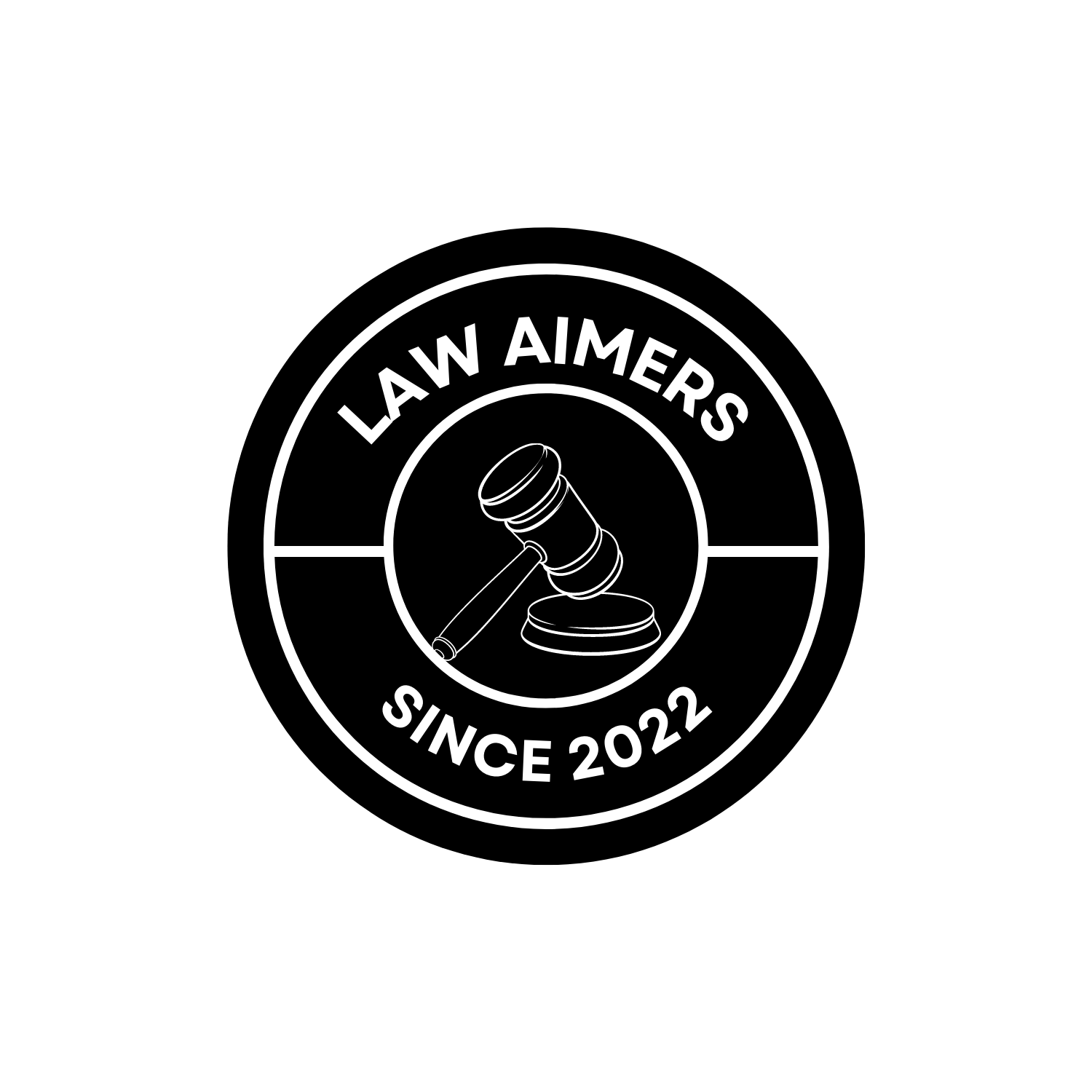Under the Indian Evidence Act, 1872, the concept of refreshing memory allows a witness to refer to a document or other aids to help them recall facts or events that they have previously observed or recorded.
Section 159 Witness Refreshing Memory
Section 159 of the Indian Evidence Act pertains to refreshing memory. It states that a witness may, while testifying, refresh their memory by referring to any writing made by themselves or under their direction at the time when the facts in question occurred or shortly thereafter, or by looking at any such writing if it is still in existence.
Conditions for Refreshing Memory
For a witness to refresh their memory using a document or aid, the following conditions must be met:
- The document must have been made by the witness themselves or under their direction.
- The document must have been created at the time the events or facts in question occurred or shortly thereafter.
- The witness must have personal knowledge of the facts recorded in the document.
- The document should still be in existence.
Production and Inspection of Document
If a witness intends to refresh their memory by referring to a document, the document must be produced in court and given to the opposing party for inspection. This allows the opposing party to examine the document and challenge its contents or authenticity if necessary.
Oral Testimony Based on Refreshed Memory
Once the witness has refreshed their memory using the document or aid, they are expected to give their oral testimony based on their recollection of the facts. The document itself is not admitted as evidence but serves as a tool to help the witness recall the events.
Cross-Examination on Refreshing Memory
The opposing party has the right to cross-examine the witness on their refreshed memory, the contents of the document, and any other relevant aspects. This allows the opposing party to challenge the accuracy or reliability of the witness’s testimony.
Court’s Discretion
While refreshing memory is allowed, the court has the discretion to control the manner and extent to which a witness may refer to a document or aid. The court ensures that the use of refreshing memory is fair, relevant, and does not unduly influence or manipulate the witness’s testimony.





